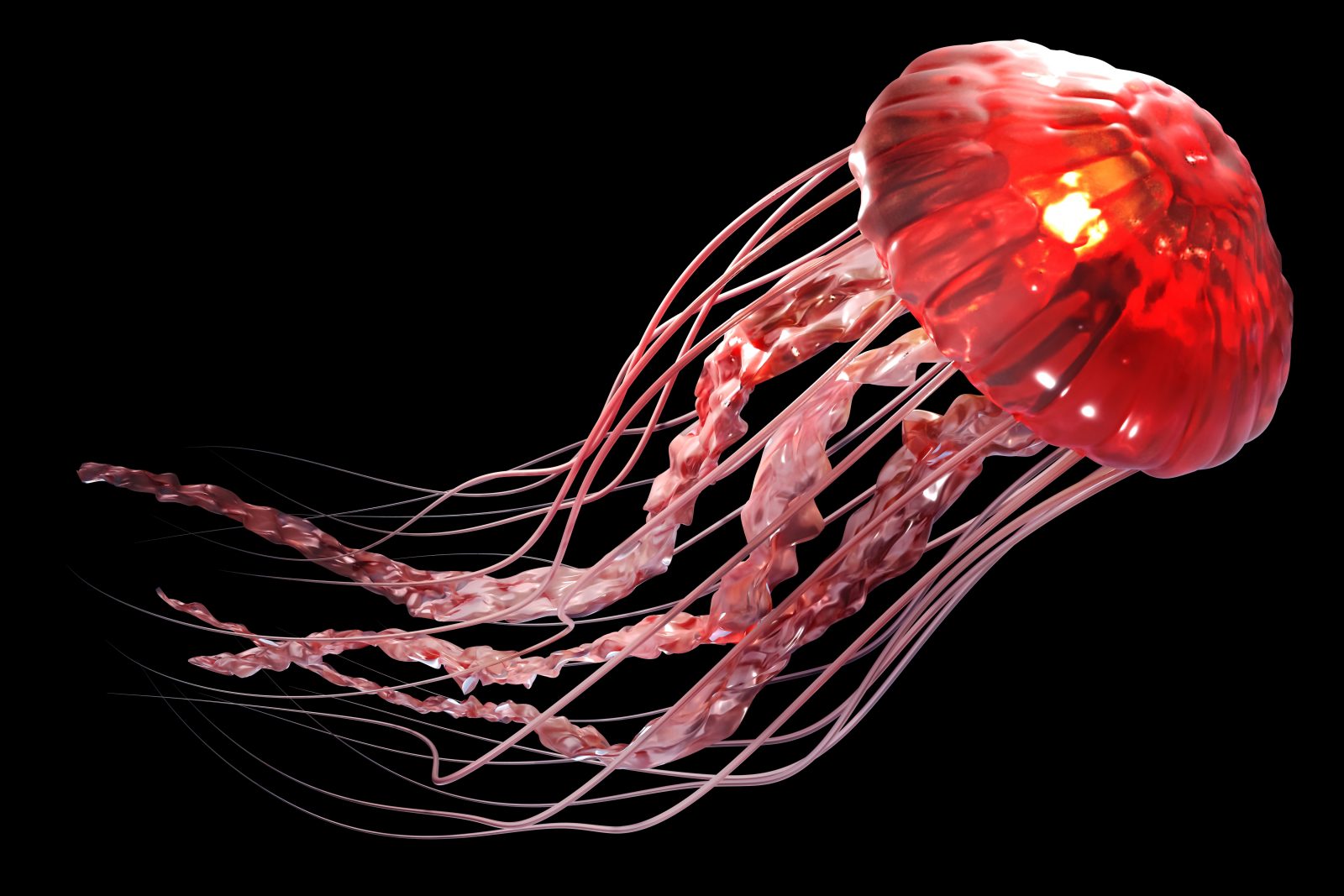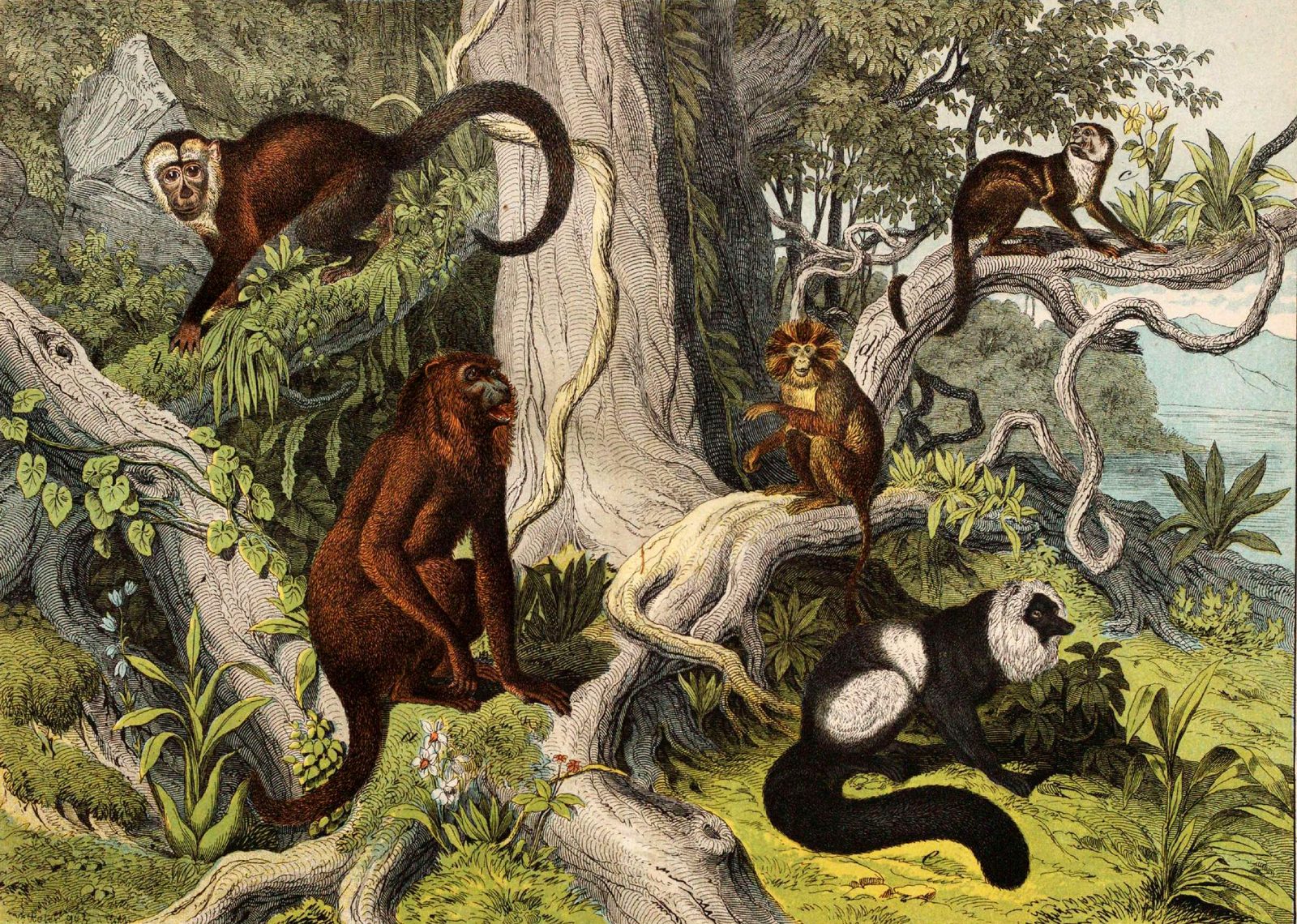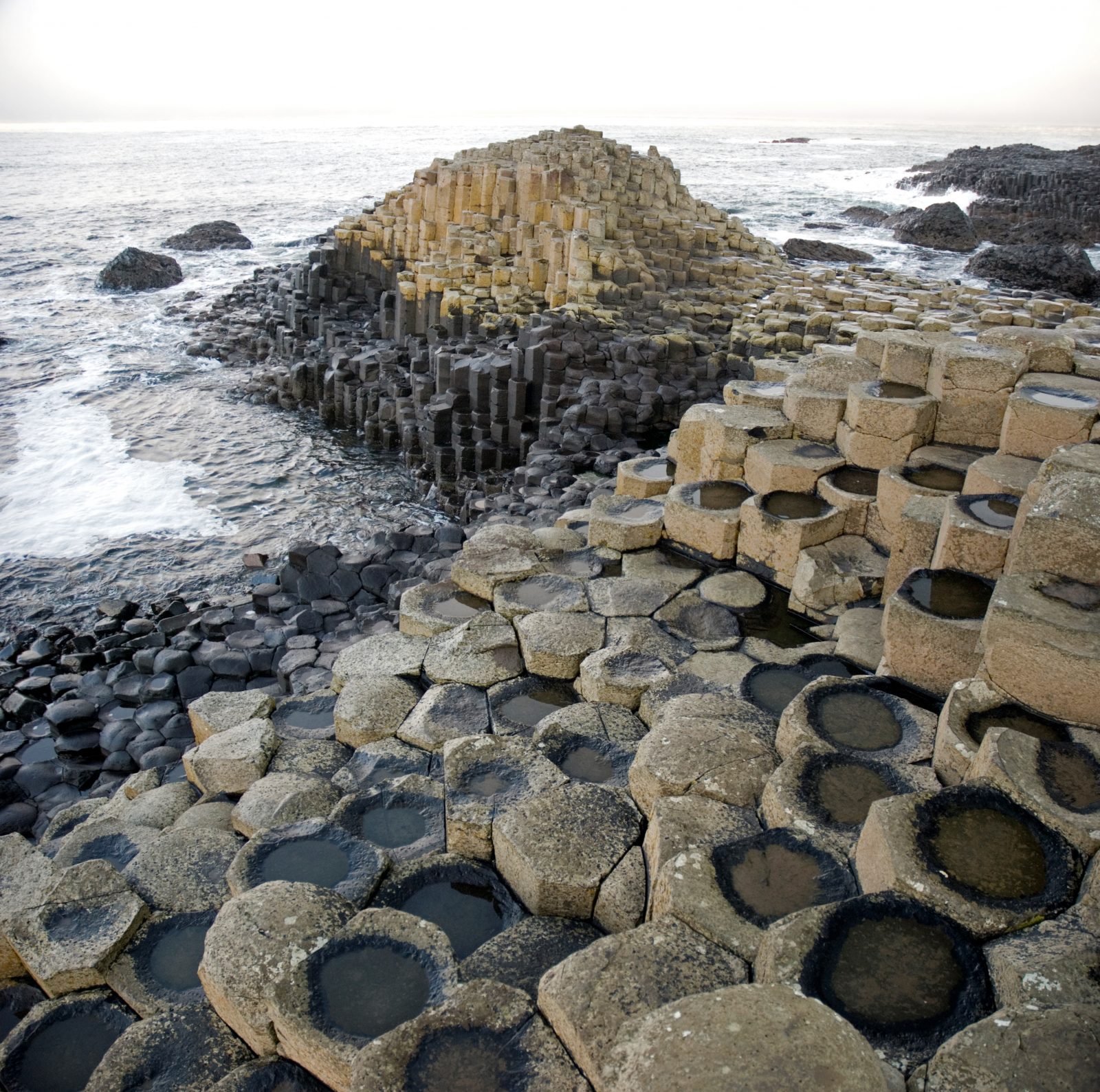
Michael Medved and Stephen Meyer on the Return of the God Hypothesis
Today’s ID the Future features, by permission, a recent conversation between radio show host Michael Medved and philosopher of science Stephen Meyer as they discuss Meyer’s new book, Return of the God Hypothesis. Listen in as Meyer, director of Discovery Institute’s Center for Science and Culture, provides a swift flyover of 500 years of scientific history, in which he traces the rise, fall, and rise again of a paradigm Meyer refers to as “the God hypothesis.” To learn more about Meyer’s new book and see the growing list of enthusiastic reviews from top scientists, go to ReturnoftheGodHypothesis.com.








